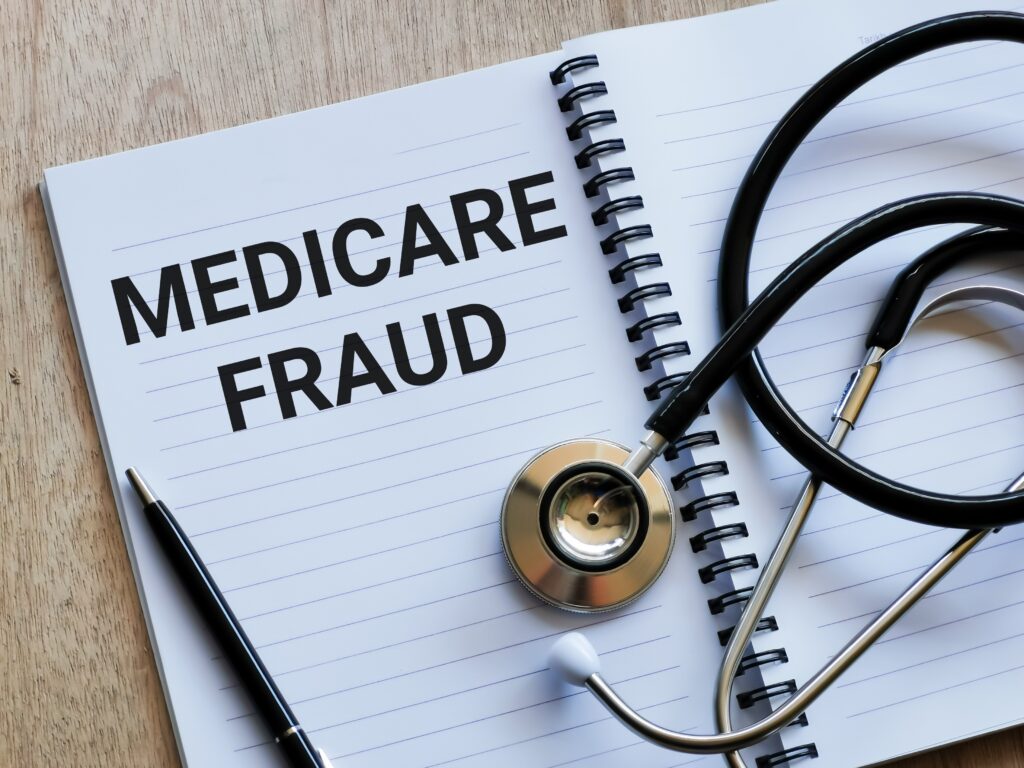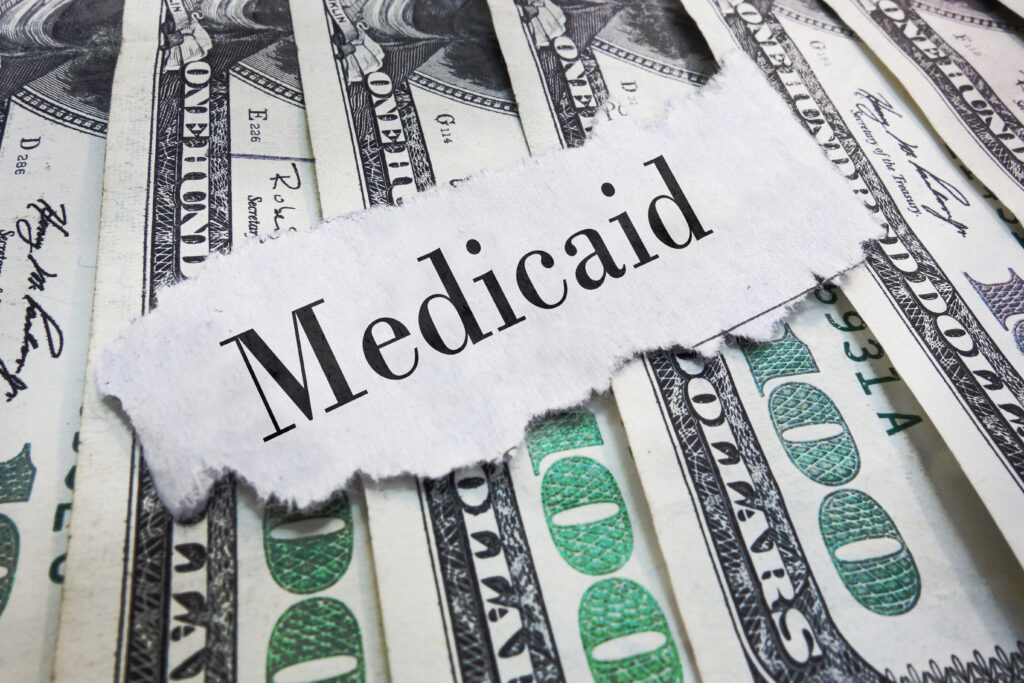Reminder: False Claims Act Cases Belong to the Federal Government
One unique feature of False Claims Act (FCA) litigation is the fact that the whistleblower files suit in both his or her own name and also on behalf of the United States of America, and then serves the civil complaint on the Justice Department rather than the named defendant. This marrying of private knowledge and government investigative resources has recovered billions of dollars for taxpayers. But the relationship between a private whistleblower and her counsel, on the one hand, and the government, on the other, can sometimes become strained.
Virginia Federal Court Offers Helpful Reminder That False Claims Act Cases Ultimately Belong to the Federal Government.
In one recent example from the Eastern District of Virginia, a whistleblower filed suit against Boeing and various defense contractors over a purported “sole source” distribution scheme that allegedly violated federal law. The Department of Justice decided it was not interested in pursuing the claim. Had the government merely declined intervention, then the private relator would have had the option to continue pursuing the claims. Instead, the government invoked its statutory right under 31 U.S.C. § 3730(c) to intervene in the case for the express purpose of dismissing it.
The government’s right to intervene for purposes of dismissal (i.e., to end the case without even giving the whistleblower an opportunity to pursue the case herself) is a risk and a potential frustration in all FCA cases. Fortunately, for relators with viable claims and experienced FCA counsel, it is not a risk that manifests too often.
In the Boeing case, the relator responded with the somewhat novel strategy of trying to remove both the United States as intervenor and the Department of Justice as counsel for the United States. Not surprisingly, that strategy failed. The court emphasized that under the plain text of the FCA and longstanding Supreme Court precedent, (1) it is the United States, rather than the Relator, that is the primary victim of any FCA violation; (2) violators of the FCA are liable to the United States, rather than the Relator for any such violation; and (3) the United States receives a majority of the damages awarded in a successful suit (never less than 70%). See generally U.S. ex rel. Day v. Boeing, 2025 WL 992708 (E.D. Va. Apr. 2, 2025). As a result, the Court concluded that it had no power to remove the United States or the Department of Justice from the case and ultimately granted the government’s motion to intervene and dismiss the action.
Relations between the whistleblower and the government will not perfectly align in every qui tam case. However, both as a legal matter and a practical one, there cannot be any viable public-private partnership on FCA enforcement without the public half of that partnership maintaining a role in the litigation. The Boeing case is a helpful reminder of that principle.
Barrett Johnston Martin & Garrison, PLLC
Barrett Johnston Martin & Garrison, PLLC, stays on top of the latest developments and nuances involving False Claims Act cases (both at the local and federal levels) to represent whistleblowers in cases all over the country. If you have information or questions regarding a potential case of health care fraud, schedule a free and confidential consultation with our firm.




